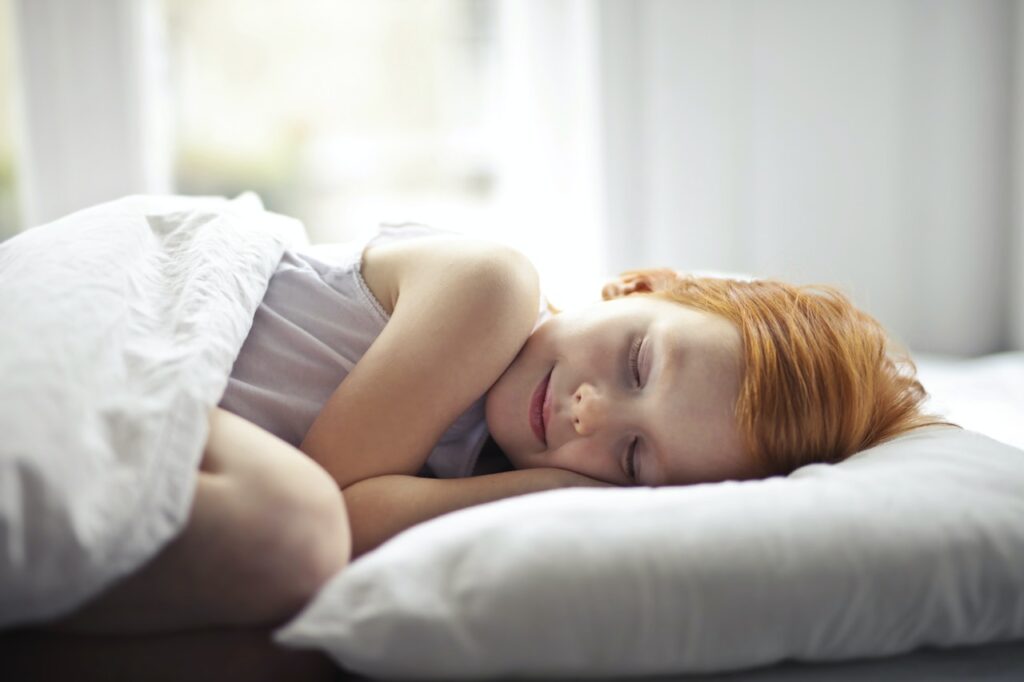Sleep Problems for Children with ADHD
It has been estimated that over 70 percent of children with ADHD have problems with sleep. This can take many forms:
- Difficulty getting the child into bed.
- Child’s anxiety at bedtime
- Insomnia
- A delayed sleep phase
- Needing certain things or people to be present before being able to sleep
The causes of poor sleep for children with ADHD aren’t fully known, but they probably include biological and genetic factors such as the low production of the hormone melatonin.
New Sleep Research
A recent study showed a significant association between poor sleep and executive functioning (EF) issues even after adjusting for various factors, such as demographics, stimulant medications, and IQ.
Researchers from the Kennedy Krieger Institute studied 735 children aged 8-12 to determine the impact of poor sleep on executive function. There were three groups – children who were neurotypical, children with autism spectrum disorder, and children with ADHD. The study team excluded children with a history of neurologic illness or injury, genetic disorders, seizures, intellectual disability, major depression, bipolar disorder, and conduct disorder.
Poor sleep, they concluded, resulted in inattention, difficult initialing tasks, greater anxiety, and problems with hyperactivity and / or impulsivity. These results confirmed earlier studies, and showed that the impacts of poor sleep were largely independent of the child’s demographics, intelligence or whether they were taking stimulant medications.
Tips for Improving Your Child’s Sleep
If your ADHD child has problems sleeping, there are things you can do to help. Here are a few recommended by experts.
- Make their room as dark as possible to trigger the brain to induce sleep. This means turning off blue screens from computers or other electronic devices.
- Avoid snacks and beverages before bed that have sugar, caffeine, or similar stimulating substances
- Set up a nightly bedtime routine that the child can begin to associate with preparing to sleep.
- Try to have your child get more physical exercise during the day to help induce natural tiredness.
- A nightly bath can help induce sleep by regulating your child’s body temperature.
- If needed, use white noise devices to help block out distracting sounds in the household at bedtime.
- Try sleep supplements.
- Encourage your child to get homework out of the way earlier rather than later in the evening.
- If anxiety is a problem for your child, talk to their clinician or therapist about strategies to help reduce it to allow better sleep.
These and other strategies can help your ADHD child improve their sleep patterns and enjoy a better quality of waking life.
References
- https://www.neurologyadvisor.com/topics/autism-spectrum-disorder/how-does-poor-sleep-affect-children-with-autism-or-adhd/
- https://chadd.org/attention-article/how-can-we-help-children-with-adhd-get-a-better-nights-sleep/
- https://www.webmd.com/add-adhd/childhood-adhd/ss/slideshow-child-sleep
- https://www.beyondbooksmart.com/executive-functioning-strategies-blog/sleep-deprivation-a-roadblock-to-improving-executive-function



